Tensions between China and Japan have escalated significantly, largely due to a diplomatic row over comments regarding Taiwan made by the new Japanese Prime Minister, Sanae Takaichi. The dispute has led to diplomatic, economic, and military posturing by both sides. In response, China has implemented economic sanctions, issued travel warnings, and increased military activity in disputed areas.
China has officially brought its deepening dispute with Japan to the United Nations, accusing Tokyo of threatening “an armed intervention” over the Taiwan issue. China’s Permanent Representative to the UN, Fu Cong, submitted a formal letter to the UN Secretary-General, António Guterres, on Friday, November 21, 2025, to be circulated to all member states. The situation has rapidly deteriorated into one of the most significant bilateral crises in years, with both sides engaging in diplomatic and economic sparring.
The recent flare-up started after the statement by the Japanese Prime Minister in parliament that a Chinese military action against Taiwan could be considered a “survival-threatening situation” for Japan, potentially allowing Japan to deploy its self-defence forces under “collective self-defence” laws. This is seen as a departure from Japan’s long-standing policy of “strategic ambiguity” on the issue.
China has reacted furiously, demanding Japan retract the remarks, which it calls a gross interference in its internal affairs. The Chinese Consul General in Osaka, Xue Jian, made a controversial social media post widely interpreted as a threat to behead the Japanese PM, which further inflamed tensions and led to mutual summoning of ambassadors.
He posted a comment on the social media platform X that, according to reports, read: “If you go around sticking that filthy neck where it doesn’t belong, it’s gonna get sliced right off. Are you ready for that?” Japanese government spokesperson Minoru Kihara condemned the diplomat’s post and labelled it as extremely inappropriate for a Chinese Consul General. The post, which was later deleted, has contributed to a significant escalation of the diplomatic row between the two nations.
High-level talks aimed at resolving the dispute ended in disagreement. Both nations have issued mutual travel advisories to their citizens. China’s advisory has led to a significant number of flight cancellations and a drop in Japanese tourism-related stocks, potentially causing billions of dollars in economic damage to Japan’s tourism industry.
China has increased its military presence, sending coast guard vessels and military drones near the disputed Senkaku Islands in the East China Sea, which are administered by Japan but claimed by China. The Chinese military has warned that Japan would face a “crushing defeat” if it interfered in a cross-Strait conflict. While both countries are major trading partners and an all-out military confrontation is considered unlikely in the immediate future, the current “war of words” and tit-for-tat actions mark the most serious diplomatic crisis between the two powers in years.
China has re-imposed a ban on Japanese seafood imports amid escalating diplomatic tensions over the recent remarks regarding Taiwan made by the Japanese Prime Minister. The move reverses an easing of trade measures agreed upon earlier in 2025. China had initially implemented a total ban in August 2023 after Japan began releasing treated wastewater from the Fukushima nuclear power plant. This ban was partially lifted in June 2025, allowing imports from most prefectures except Fukushima and nine others. The current action reinstates the full ban. China was a primary market for Japanese seafood exports, and the ban is expected to have a significant economic impact on the Japanese fishing industry.
Japanese Prime Minister Sanae Takaichi has refused to retract her remarks on Taiwan, despite demands and economic countermeasures from China. She has consistently maintained that there is “no change whatsoever” in Japan’s stance and government policy, rebuffing China’s demands for a full retraction. She has, however, indicated a desire to improve relations and move past the issue. The United States has expressed “unshakable support” for Japan and its alliance, with the US ambassador to Japan calling Beijing’s response “outrageous”.
Recent Japan-China tensions are unlikely to go away soon. While both nations have a strong incentive to maintain economic ties and have previously made efforts to stabilise relations, the current diplomatic crisis over Taiwan has severely damaged prospects for a near-term improvement. The relationship is best described as one of “stable instability”, where economic co-existence is constantly overshadowed by significant political and security tensions that require constant management rather than definitive resolution. Both sides have dug in, and while outright conflict is considered unlikely, the diplomatic chill and economic impacts are expected to continue for some time.
While Japan-China tensions create a challenging regional environment, they provide a strong impetus for India and Japan to collaborate more closely in both security and economic spheres to ensure regional stability and a balance of power. The shared concern regarding China’s assertiveness has accelerated the deepening of the India-Japan “Special Strategic and Global Partnership”. For India, this means strengthening economic and defence ties with Japan to counter shared concerns over China’s assertiveness, such as territorial disputes and maritime security.
Japan has committed significant investment to Indian infrastructure projects (e.g., the Delhi-Mumbai Industrial Corridor and the Mumbai-Ahmedabad high-speed rail project) and has increased FDI in India. The partnership allows for potential benefits like supply chain diversification, technological collaboration, and joint security capabilities. Both nations are working together to promote a “free, open, and inclusive” Indo-Pacific region and a rules-based international order, often through frameworks like the Quadrilateral Security Dialogue (Quad).
The success of this comprehensive roadmap will hinge on addressing existing challenges like trade imbalances and project implementation delays, but the shared concerns about China and a strong political will suggest the momentum in the India-Japan partnership is set to continue.
(The writer is a retired Indian diplomat and had previously served as Ambassador in Kuwait and Morocco and as Consul General in New York. Views expressed in the above piece are personal and solely those of the author. They do not necessarily reflect Firstpost’s views.)


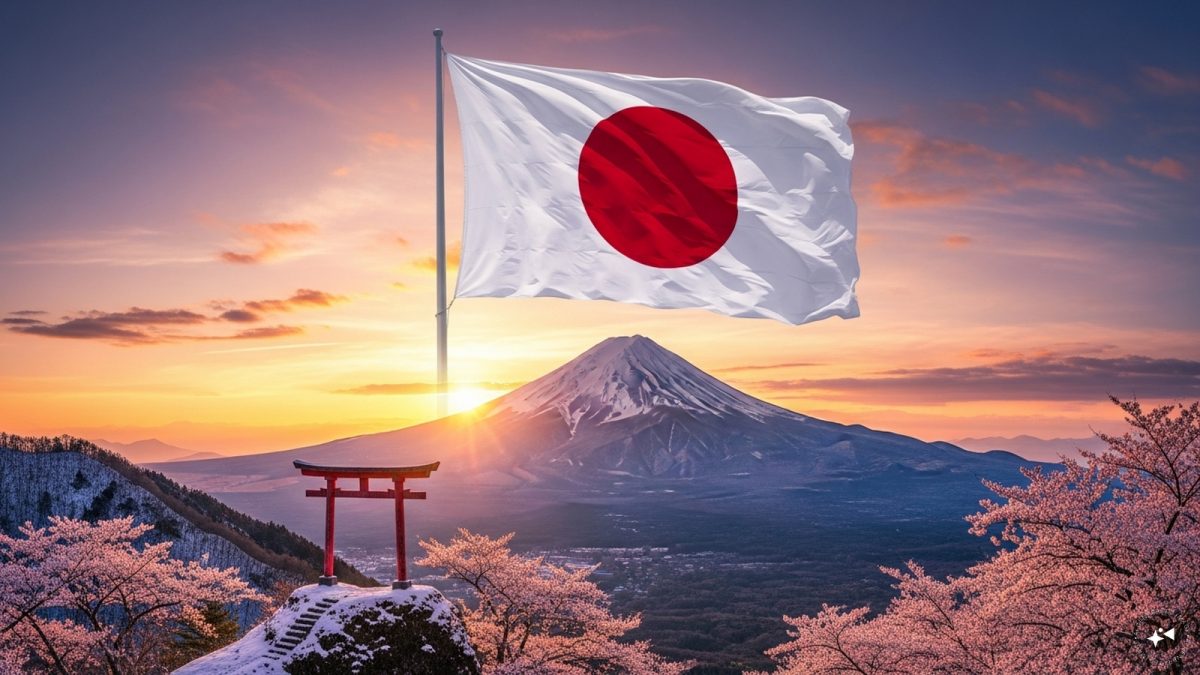)
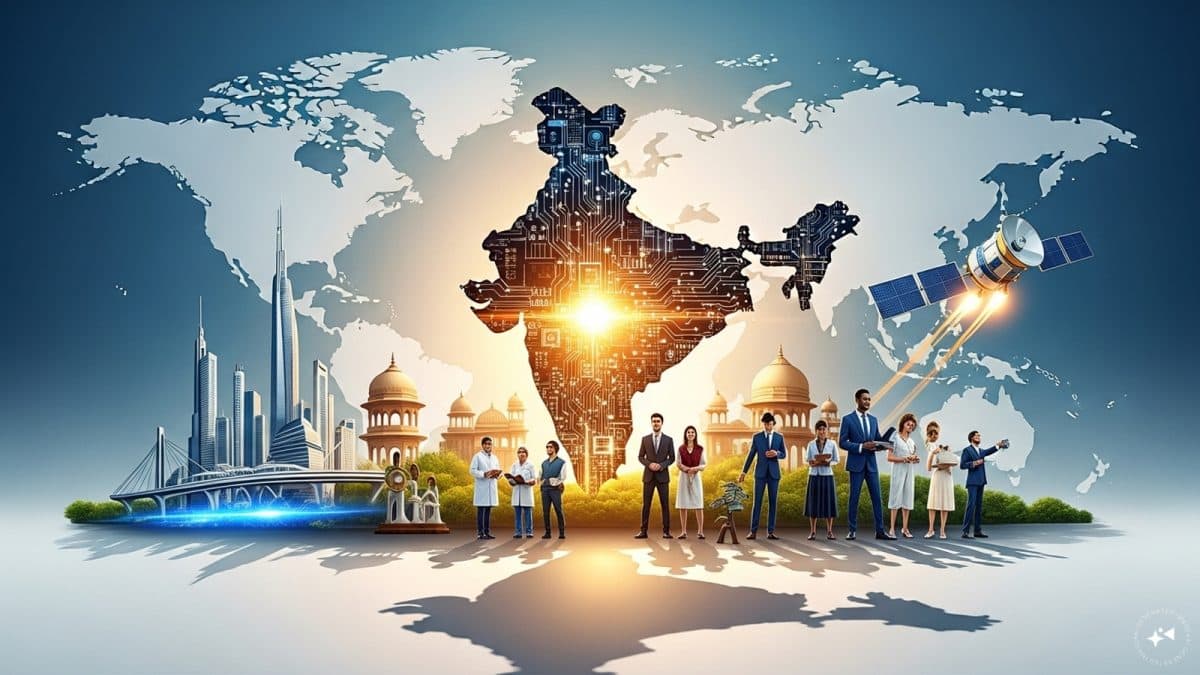
)
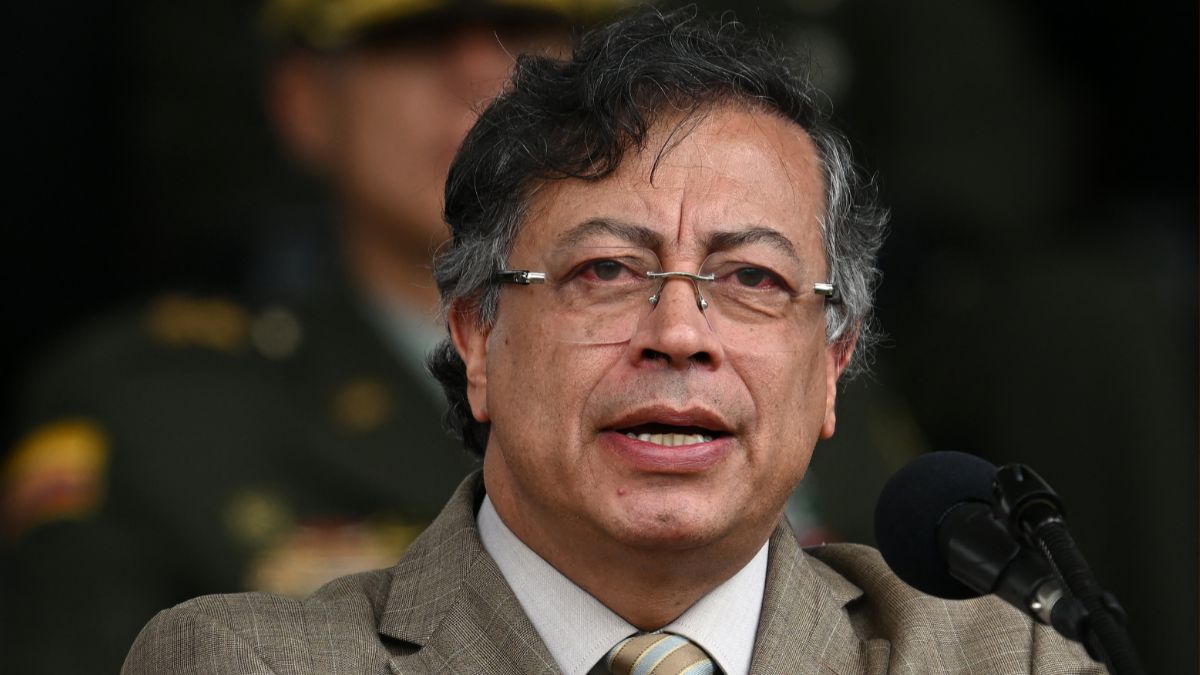)
)
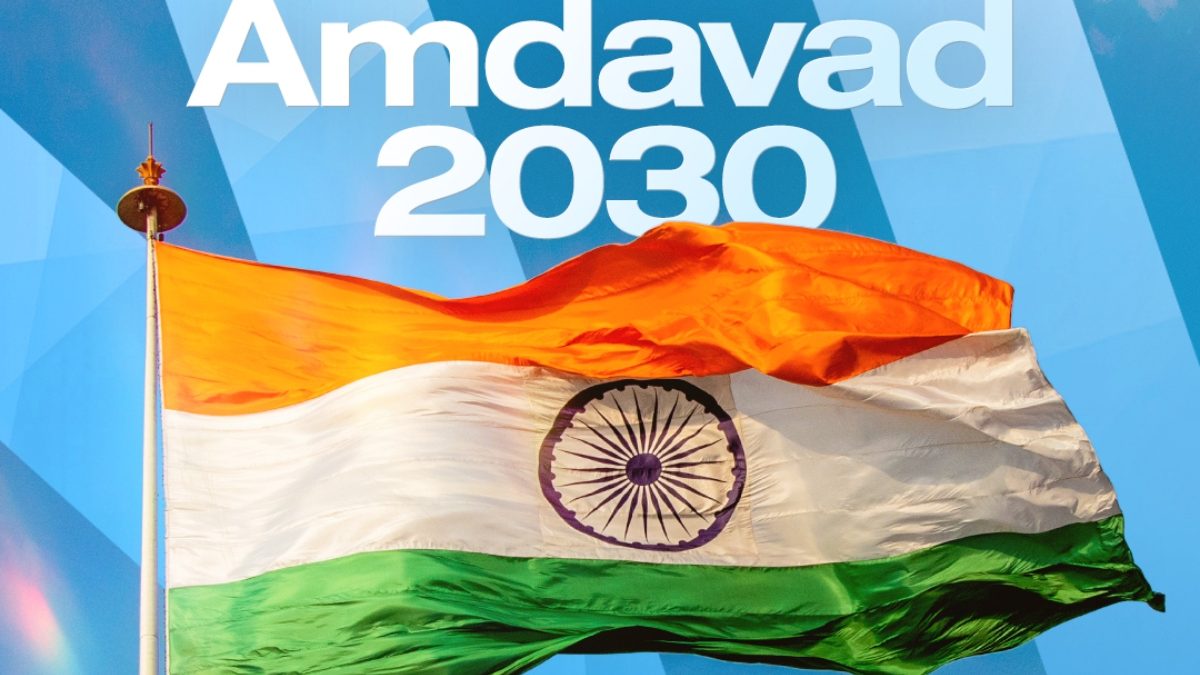)
)
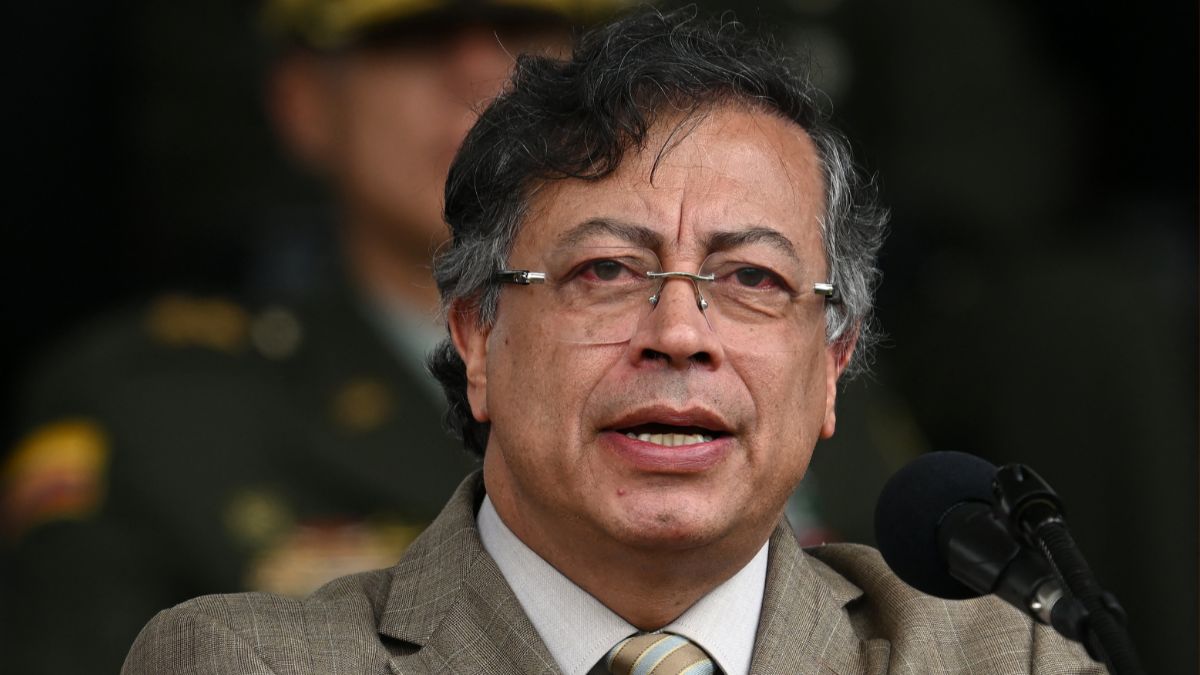)
)
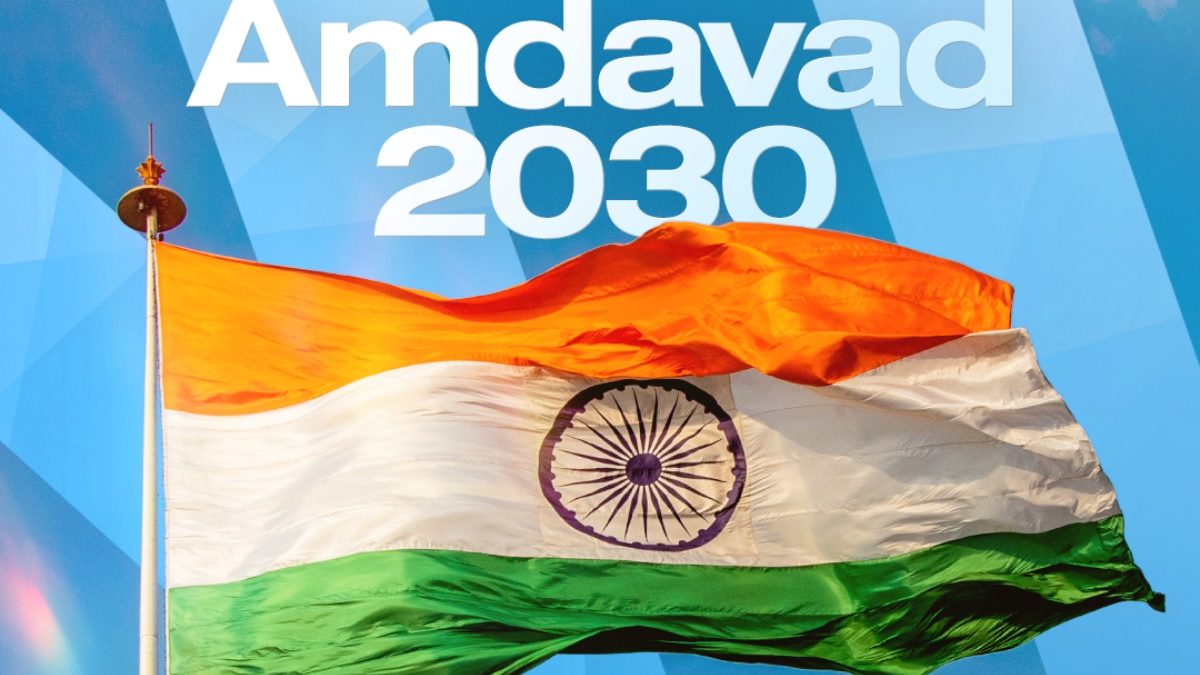)



